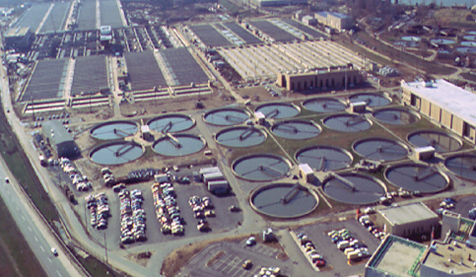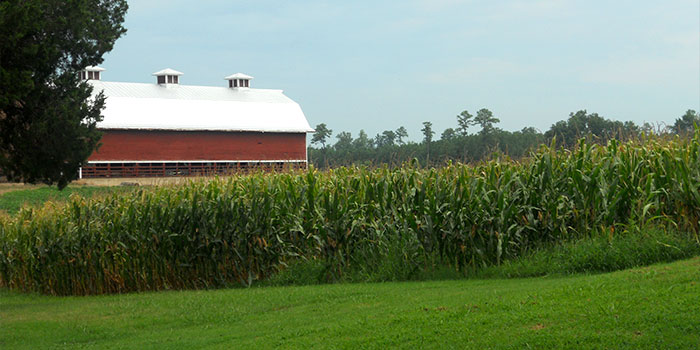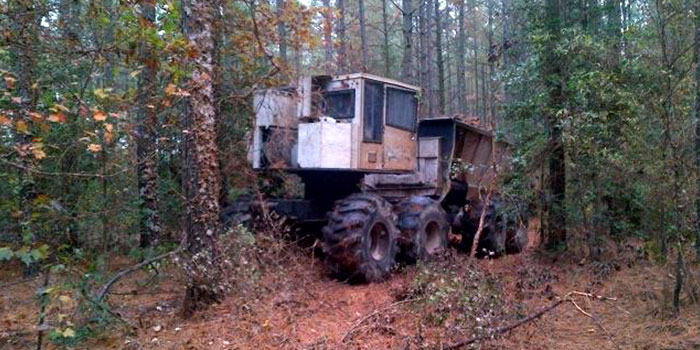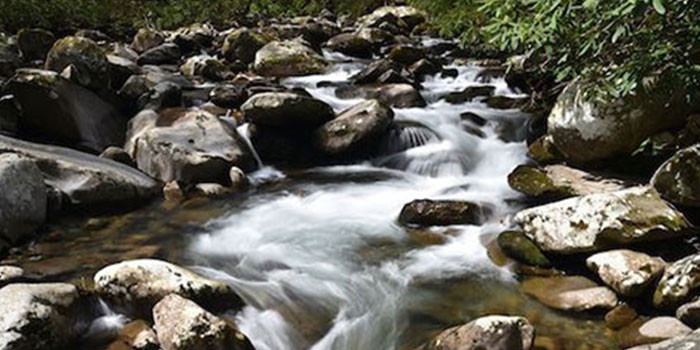EPA Posts Biosolids Reports on Website
October 2, 2017 (Richmond, VA) This past winter the U.S. Environmental Protection Agency (EPA) required most biosolids management programs to submit their annual biosolids reports electronically. Annual biosolids reports are required by 40 CFR Part 503 and must be completed by February 19, 2017, with data from the prior year. The 2016 data collected this […]





